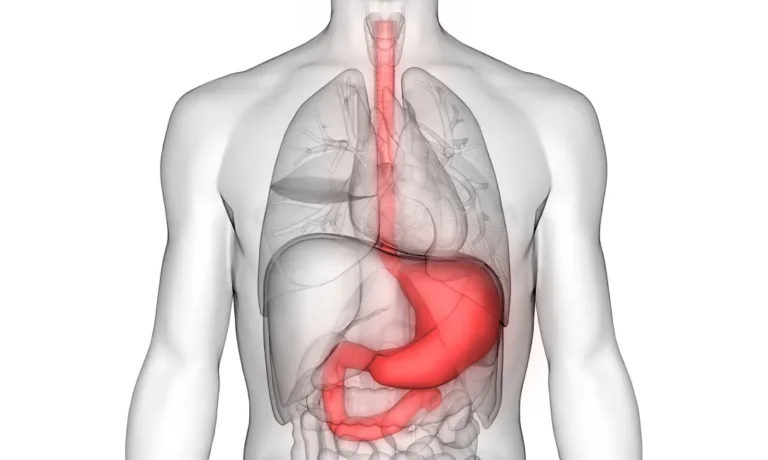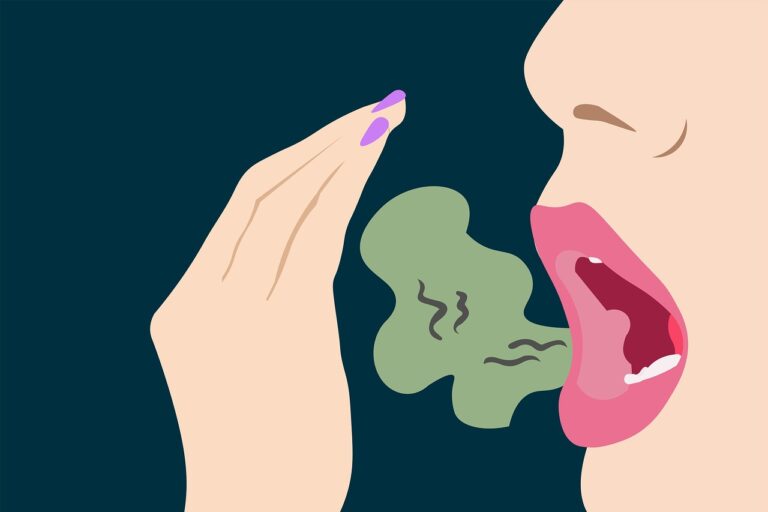Demystifying Indigestion and Dyspepsia: Your Guide to Symptoms, Treatment, and Prevention
Eating is one of life’s pleasures and often is an important part of family or social life. We often take enjoyment of food and drink for granted. But this pleasure and enjoyment can be diminished. Indigestion symptoms can make mealtimes difficult and take away our enjoyment of food. Some people even develop a fear of eating or a fear of going out with friends as a result. As a gastroenterology expert in Dubai, I see many people who are struggling with symptoms of chronic indigestion or who come to my gastroenterology clinic seeking treatment for indigestion. In this blog, we’ll explore symptoms, treatment options, and valuable tips to prevent indigestion. Whether you’re experiencing chronic indigestion symptoms or seeking insights on indigestion prevention, this blog will try to provide you with the answers!
Understanding Indigestion and Dyspepsia:
Before we go any further, let’s clarify what we mean by indigestion and dyspepsia. ‘Indigestion’ and ‘dyspepsia’ can mean different things to different people. When people come to see me for a consultation about indigestion, they may experience pain or discomfort at the top of the abdomen. Others may mean belching or burping more frequently or experiencing frequent nausea. To others, it may mean getting bloated after eating or getting full easily and being unable to finish a meal. The one thing that they have in common is that the symptoms occur in the upper abdomen during or after a meal. Symptoms often come and go, rather than being present all the time. However, some people have frequent indigestion symptoms which can greatly affect their quality of life.
1. Symptoms of Dyspepsia: Unlocking the Puzzle
When it comes to dyspepsia, symptoms can vary, making it a bit of a puzzle to decipher. Common symptoms include:
- Upper abdominal pain or discomfort
- Bloating
- Feeling overly full, even after a small meal
- Nausea
- Belching
- Heartburn
Typically, indigestion symptoms will occur after eating or during a meal. If you find yourself experiencing these symptoms frequently, especially over a prolonged period, it’s sensible to come to see me in my Gastroenterology clinic for guidance.
2. Common causes of indigestion symptoms: the main culprits
Most of the time indigestion symptoms are caused by conditions that affect the stomach such as:
- Gastritis: Gastritis is inflammation of the lining of the stomach. There are a number of possible causes of gastritis. These include infection with Helicobacter pylori, damage from various medicines, alcohol and smoking, and irritation from bile or from too much acid in the stomach. Medicines that can cause gastritis include aspirin, anti-inflammatory painkillers such as ibuprofen, naproxen diclofenac, and steroids.
- Helicobacter pylori infection: Helicobacter pylori (H pylori) is a slow-growing bacteria that colonises the lining of the stomach and causes gastritis. More than half the world’s population carry H pylori in their stomachs. It is usually picked up in childhood. Over 80% of people who have the bacteria have no symptoms. However, people who carry H pylori have an increased risk of developing stomach ulcers and even stomach cancer.
- Stomach ulcers: Stomach ulcers are breaks in the lining of the stomach. They are often caused by the same medications that can cause gastritis (anti-inflammatory painkillers are common culprits), or by H pylori infection or too much acid in the stomach. Very rarely a stomach ulcer can be caused by stomach cancer.
- Functional dyspepsia: Functional dyspepsia (also called non-ulcer dyspepsia) is thought to be caused by over-sensitive nerve endings in the stomach wall. It is thought to be linked to irritable bowel syndrome (IBS). Symptoms of functional dyspepsia can be made worse by stress and anxiety – although can still be present at any time.
Other causes of indigestion symptoms include:
In rare cases, indigestion and dyspepsia can be caused by more serious conditions such as stomach cancer, pancreatic cancer, and ovarian cancer.
3. Investigating Indigestion: Getting to the root of the problem
Useful tests to investigate indigestion and dyspepsia might include:
- Blood tests
- Breath test or stool test for H pylori
- Ultrasound scan
- Breath tests for small intestinal bacterial overgrowth and food intolerance
- Gastroscopy / Upper GI endoscopy
When you come to the clinic, I will assess your symptoms and medical history, and determine the most suitable tests and investigations for you.
4. Unravelling the Triggers
Whatever the underlying cause, indigestion can have various triggers, and identifying them is important for effective management. Common triggers include:
- Overeating: Consuming large meals can mean that the stomach is slow to empty leading to symptoms such as fullness, bloating and nausea.
- Fatty Foods: These can delay the emptying of the stomach, contributing to indigestion symptoms.
- Spicy food: These can exacerbate symptoms of gastritis, ulcers and reflux.
- Carbonated Beverages: The bubbles in carbonated drinks can contribute to bloating.
- Caffeine and Alcohol: These substances can relax the lower esophageal sphincter, allowing stomach acid to flow back into the esophagus.
Understanding your personal triggers is a key step in preventing and managing indigestion.
5. Indigestion Treatment: A Tailored Approach
The good news is that indigestion is often manageable, and various treatment options are available. However, the appropriate treatment depends on the underlying cause. Here are some general strategies:
- Lifestyle Modifications: Simple changes like eating smaller meals, avoiding eating close to bedtime and maintaining a healthy weight can make a significant difference. Identifying and avoiding trigger foods for indigestion can also help. Common culprits include spicy foods, citrus, fatty meals, and carbonated beverages. Similarly, alcohol can also contribute to indigestion and dyspepsia.
- Over-the-counter Medications: Antacids can provide quick relief by neutralizing stomach acid. Proton pump inhibitors (PPIs) are another option that reduces stomach acid production.
- Prescription Medications: For cases with an underlying condition, such as Helicobacter pylori infection, specific medications may be prescribed.
- Stress Management: Manage stress through activities you enjoy. Practicing relaxation techniques like deep breathing, meditation, or yoga can also be a great help. Stress is a common contributor to indigestion and a calm mind often translates to a happy stomach.
FAQs:
What Diet and Lifestyle Tips Can Help Prevent Indigestion?
- Eat mindfully and chew thoroughly.
- Identify and avoid trigger foods.
- Space out meals and avoid late-night eating.
- Maintain a healthy weight through diet and exercise.
- Stay hydrated with water and herbal teas.
- Incorporate stress-reducing activities into your routine.
Adopting these tips can contribute to a more harmonious digestive experience.
When to Seek Help for Chronic Indigestion Symptoms?
Most of us have suffered from ‘indigestion’ at one time or another – maybe after a heavy meal, a big night out or during pregnancy. Very infrequent ‘indigestion’ is probably nothing to worry about. But if it becomes more frequent, and certainly if you are experiencing indigestion more than once a week, or if it continues for weeks or months, it would be sensible to come for a consultation. Most causes of indigestion are benign and easily treatable – but more serious diseases such as ulcers or even cancer can also cause indigestion. By seeing me for a consultation in the clinic, serious diseases can be quickly excluded, and personalized care can be given tailored to your unique needs.
Can stress cause indigestion?
Certainly. There are many nerve endings in the stomach and digestive system, and these are all connected to nerve endings in the brain by the ‘gut-brain axis’. When we are under stress or anxious or low in mood, the nerves in the brain send messages to the nerves in the stomach and digestive system making them over-sensitive to indigestion triggers and symptoms. Stress management is a great approach to reducing indigestion and other gastrointestinal and other stomach symptoms.
Is dyspepsia serious?
Most cases of dyspepsia and indigestion have a simple and easily treatable cause. However, in rare cases, indigestion symptoms can be caused by more serious diseases such as stomach cancer, pancreatic cancer and even ovarian cancer. So if you are experiencing persistent or worsening indigestion symptoms, come to see me in my Dubai gastroenterology clinic and we can make sure that there is no serious cause for your indigestion symptoms.
Closing Thoughts
In conclusion, indigestion and dyspepsia, though often uncomfortable, are manageable conditions. By understanding the symptoms, adopting preventive measures, and seeking timely medical advice, you can pave the way for digestive harmony. Remember, your digestive system is a remarkable part of your overall health, deserving of the care and attention you give to the rest of your body. For personalized advice and further insights into indigestion, make an appointment to see me in the clinic today.







